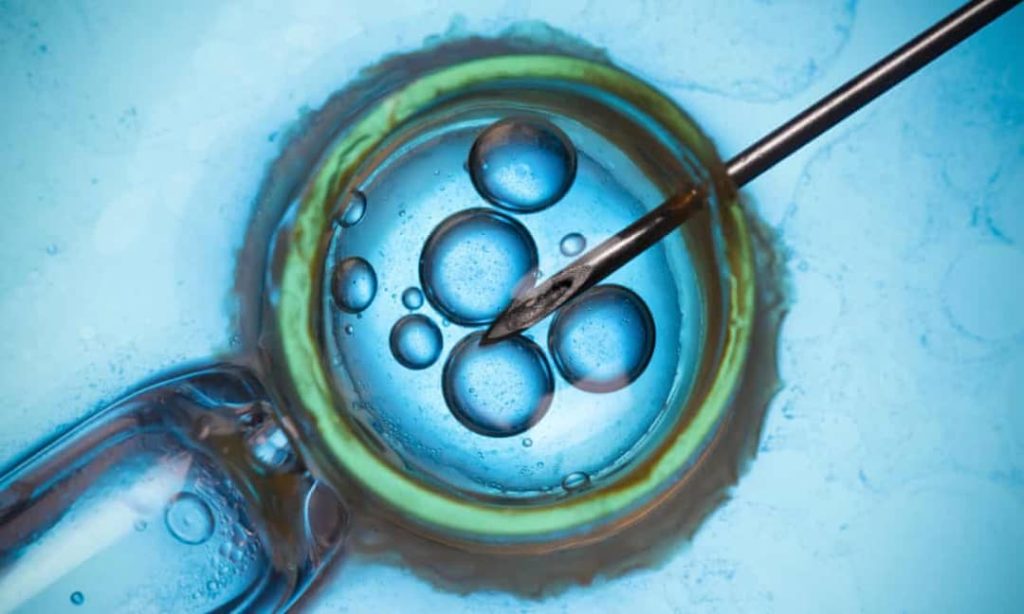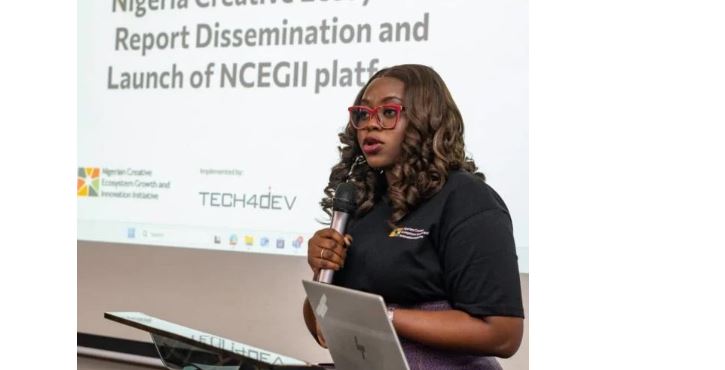
UK delivers 8 babies using groundbreaking ‘3-parent’ IVF ,
By Sola Ogundipe
In a world-first medical breakthrough, eight babies have been born in the United Kingdom using a radical IVF technique aimed at preventing the transmission of deadly genetic diseases.
The pioneering procedure, which involves DNA from three individuals, marks a major milestone in reproductive science and offers new hope to families affected by mitochondrial disorders and could open new doors for Nigerian families battling such inherited disorders.
The births followed a clinical trial at the Newcastle Fertility Centre, where 22 women underwent the procedure. The babies—four boys and four girls—are now between a few months and over two years old, and all are reportedly healthy.
The technique, known as mitochondrial donation, involves replacing faulty mitochondrial DNA in a mother’s egg with healthy mitochondria from a donor. The resulting embryo contains genetic material from three individuals: the mother, the father, and a female donor.
Though popularly dubbed “three-parent babies,” scientists clarify that less than 0.1 percent of the child’s DNA comes from the donor—making the term more sensational than scientific.
Mitochondrial diseases, which affect roughly 1 in 5,000 births, can lead to severe complications including muscle wasting, diabetes, and blindness. These conditions are currently untreatable, making prevention through IVF a critical option.
Findings published in the New England Journal of Medicine show that six of the babies had 95–100 percent of the disease-causing mitochondrial DNA removed. The remaining two showed reductions of 77–88 percent well below the threshold for disease development.
In the view of Swedish reproductive expert Nils-Goran Larsson, “This is a major step forward. It gives families facing devastating genetic risks a real chance at having healthy children.”
While the UK became the first country to approve mitochondrial donation in 2015, the technique remains banned in countries such as the United States and France. Religious and ethical concerns persist, particularly around the destruction of embryos and fears of future genetic manipulation.
Peter Thompson, head of the UK’s Human Fertilisation and Embryology Authority, emphasized that only families with a high risk of passing on mitochondrial disease are eligible for the procedure.
Oxford University’s Dagan Wells noted that while the number of births is still small, the results are promising. “This isn’t about creating designer babies, it’s about preventing suffering.”
Three of the UK-born children showed signs of “reversal”—a phenomenon where defective mitochondria re-emerge over time. Researchers say this will be closely monitored in the coming years.
As the eight children continue to thrive, the global medical community is watching closely. For Nigeria, the breakthrough offers both inspiration and a challenge: to invest in advanced reproductive technologies while safeguarding ethical standards.
Julie Stefann, a French mitochondrial disease specialist said: “For families facing genetic disease, the benefit is obvious. The question is whether countries are ready to embrace science responsibly.”
With Nigeria’s growing interest in fertility science and rising cases of genetic disorders, experts say this development should prompt serious dialogue among policymakers, medical professionals, and bioethicists.
A Lagos-based geneticist, told Vanguard that the technique could be transformative for Nigerian families affected by mitochondrial disease, but warned that it must be approached with caution, robust regulation, and ethical clarity.
Mitochondrial disease is caused by mutations in mitochondrial DNA, inherited from the mother. Symptoms include muscle weakness, neurological issues, diabetes, and organ failure. There is no known cure and treatment focuses on symptom management.
The post UK delivers 8 babies using groundbreaking ‘3-parent’ IVF appeared first on Vanguard News.
,
In a world-first medical breakthrough, eight babies have been born in the United Kingdom using a radical IVF technique aimed at preventing the transmission of deadly genetic diseases.
The post UK delivers 8 babies using groundbreaking ‘3-parent’ IVF appeared first on Vanguard News.
, , Nwafor, {authorlink},, , Vanguard News, July 19, 2025, 1:26 am












